Curious about how his life as a gay South African compared with those like him in other countries, journalist Mark Gevisser spent years traversing the globe to gather heart-rending and tender stories from LGBTQ+ individuals. His meticulous research and intimate conversations revealed a “Pink Line” demarcating LGBTQ+ individuals who enjoy acceptance and freedom from those facing harassment, imprisonment and death. In one of The Guardian’s and Financial Times’ “books of the year,” Gevisser provides a ground-breaking account of how gender identity and sexuality unite and divide today’s world.
LGBTQ+ people’s experiences differ dramatically depending on which side of the global “Pink Line” they live.
On December 28, 2009, Tiwonge Chimbalanga and Steven Monjeza got engaged in a ceremony in the African nation of Malawi. The police arrested the couple for violating Malawi’s law called “carnal knowledge against the order of nature.” The judge imposed the maximum sentence of 14 years in prison with hard labor. Chimbalanga claims she was caught off guard; she identified as a woman and believed she was heterosexual. She made the ceremony known and invited people to attend, she insists, because she had no conscious thought that she was gay. Chimbalanga believed she was born female but, as the result of a curse at a young age, had turned physically male.
Their case sparked an international uproar, including demands for their release by pop singer Madonna, who had adopted two Malawian children. In 2010, Malawi’s president gave in to the pressure after a meeting with the UN Secretary General; he grudgingly pardoned the pair. Chimbalanga gained refugee status in South Africa in 2014.
Mark Gevisser, a white, middle-aged, South African...









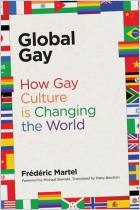

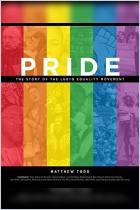
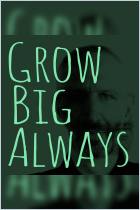
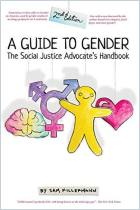
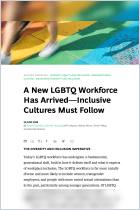




Comment on this summary or Start Discussion